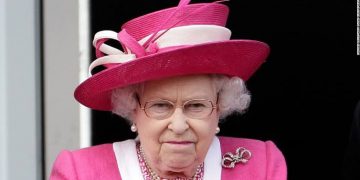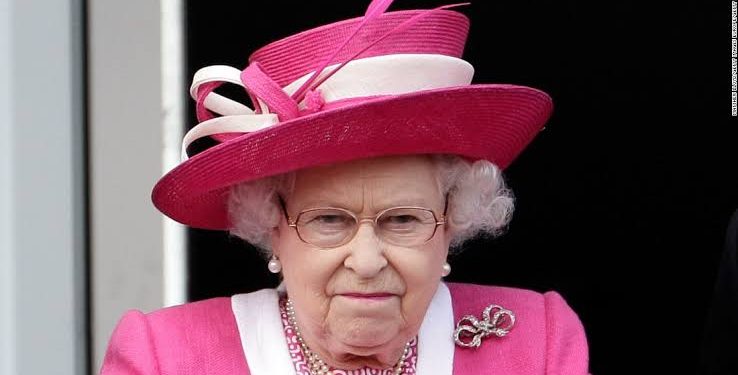Queen Elizabeth II has promised to ban conversion therapy in the United Kingdom.
The promise was just one line in the Queen’s full speech before both Houses of Parliament, but it brought hope to many Brits in the LGBTQ+ community and victims of conversion therapy.
She announced the government’s plans to enact a law that will illegalise the harmful practice, which has been discredited by the NHS and the World Psychiatric Association.
“Measures will be brought forward to address racial and ethnic disparities and ban conversion therapy,” she said during her speech to both Houses of Parliament on May 11.
She added that the government will “strengthen and renew democracy and the constitution” as well as “protect freedom of speech and restore the balance of power between the executive, legislature and the courts.”
So-called conversion therapy refers to any attempt at changing a person’s sexuality or gender identity, and often involves techniques such as electroshock therapy or prayer.
The speech is one of the 95-year-old monarch’s most important symbolic duties and forms the centerpiece of the State Opening of Parliament ceremony.
It was her first official engagement outside of Windsor Castle since the Duke of Edinburgh died aged 99 last month.
Accompanied by her son and heir, Prince Charles, it took around 10 minutes for the Queen to read the speech from the throne in the House of Lords chamber.
Three years ago, Boris Johnson’s predecessor, Theresa May also announced plans to end the conversion therapy but nothing came off it.
Following the Queen’s speech, Liz Truss, Minister for Women and Equalities, confirmed that the legislation would come to fruition after a public consultation.
“As a global leader on LGBT+ rights, this government has always been committed to stamping out the practice of conversion therapy,” she said.
“We want to make sure that people in this country are protected, and these proposals mean nobody will be subjected to coercive and abhorrent conversion therapy.
“Alongside this legislation, we will make new funding available to ensure that victims have better access to the support they need.”
If successful, the United Kingdom would join Canada, Malta, Germany, Mexico and parts of Australia in banning what the British government called “abhorrent practices” that the medical community warns are “unethical and potentially harmful” to the mental and physical health of patients, especially LGBTQ+ people.




































